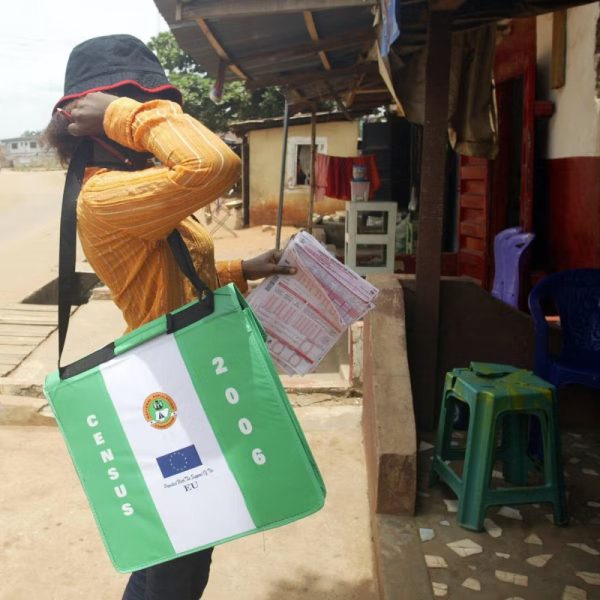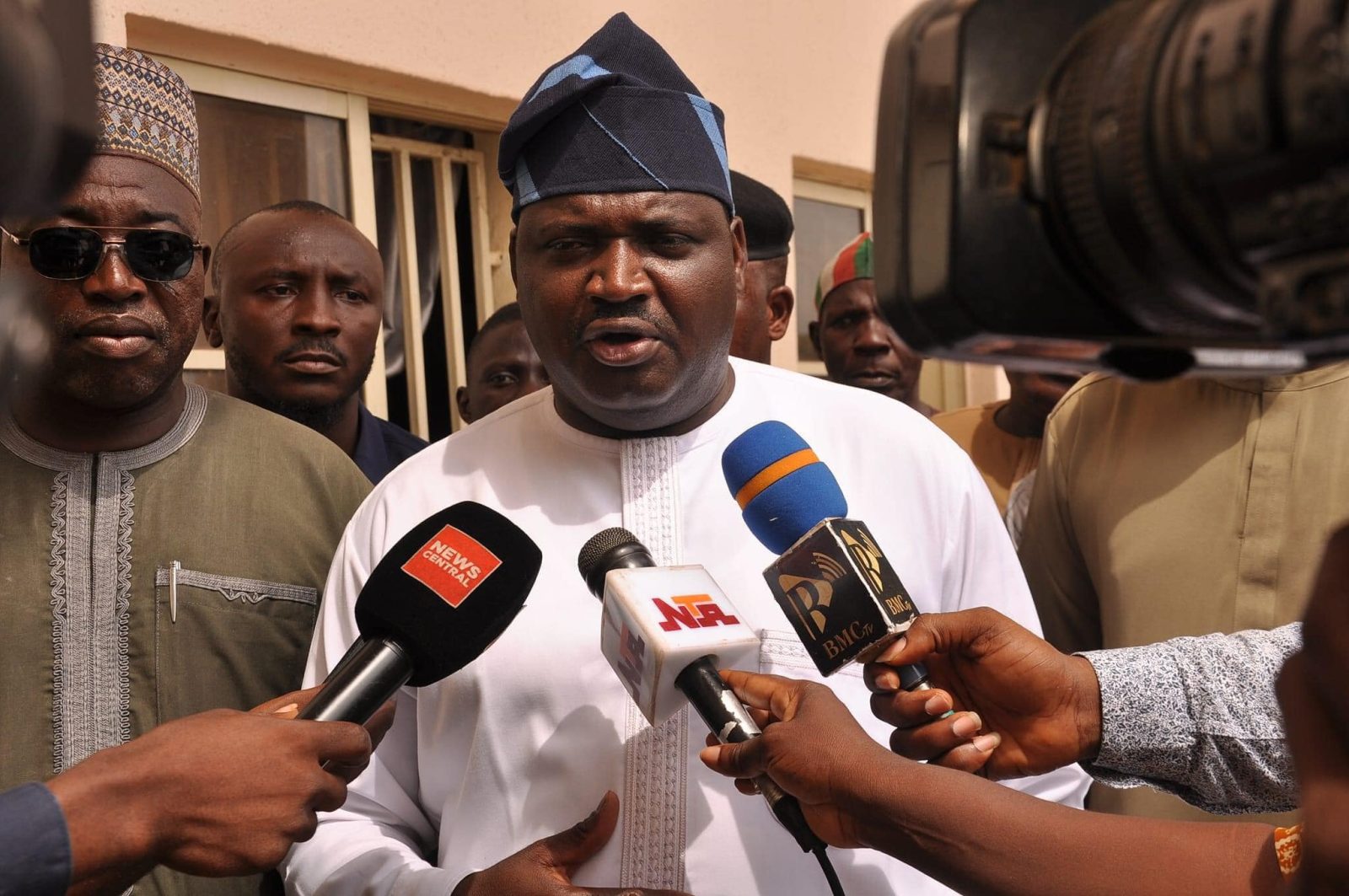Mr Clement Agba, the Minister of State for Budget and National Planning, said on Monday that the Federal Government requires about N869 billion ($1.88 billion) for the April 2023 census.
Disclosing this at a high level partnership engagement forum in Abuja, Agba said the government has already spent the sum of N291.5 billion which is about 46 per cent of the required funds.
“So far, the government has spent N291.5 billion which is $632 million, this is about 46 percent of the requirement for the census.
“I know this time around we are not just doing only the population census, we are also doing housing census.
“The total requirements for this census, including the post-census activities, is N869 billion, this is about 1.88 billion US dollars.
“When you hear the numbers, they really look very huge. Censuses all over the world, the average is between four to six dollars.
“However, in the United States, they spend $16 per person. In Botswana, they spend about $10 per person. So Nigeria’s $6 per person, you’ll agree with me, is very reasonable.
“So far, the government has spent 291.5 billion naira which is $632 million. This is about 46 percent of the requirement for the census. I know this time around we’re not just doing only the population census, we’re also doing a housing census,” the minister said.
“So the additional requirements for the critical items to ensure the census is done is 327.2 billion naira. This is about 709.9 million US dollars.”
According to Agba, this will be Nigeria first census in 17 years.
On her part, the Minister of Finance, Budget and National Planning, Mrs Zainab Ahmed, said accurate census would help decision-making and provide accurate data for different sectors and also for investment.
She said: “As you may be aware, this month, the month of March marks exactly 17 years since the last national census was conducted in Nigeria, in 2006.
“By United Nations standards, population and housing censuses are to be conducted every 10 years.
“The set period allows the government to correctly capture changes in the population, the age structure, and the movement of the population for alignment of public policy, and also for investment decisions and making laws.
“Almost two decades on, it has become imperative and urgent for Nigeria to conduct another census as clearly spelt out in our national development plan of 2021 to 2025.”
Persecondnews recalls that before independence, the first census was conducted in Nigeria in 1866 and this was followed by census of 1871,1881,1891,1901,1911,1921,1931,1941 and 1952/1953.
However, the previous census did not cover the whole nation, the 1952/53 census was regarded as the first planned and modern census in Nigeria.
The first census after independence was conducted in 1962 which covered the whole country and was given adequate publicity, but the results was allegedly shrouded with regional bias, favoritism and politicization.
























Leave a comment